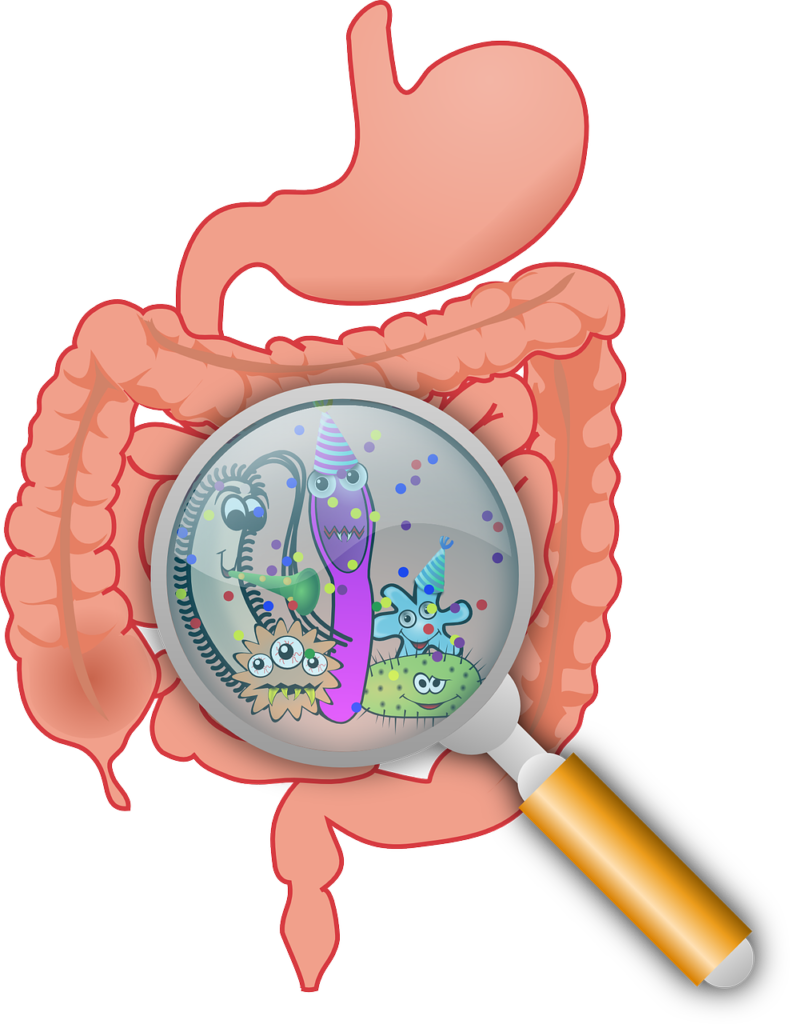General information about IbS
Irritable bowel syndrome (IBS) is a common disorder that affects your large intestine. IBS affects between 10% to 15% of adults in uk and is more commonly diagnosed in women than men, often beginning in early adulthood. The severity of symptoms can vary widely from person to person, with some experiencing mild discomfort and others having symptoms that significantly impact their quality of life. IBS is a chronic condition, but many people are able to manage their symptoms through lifestyle and dietary changes, stress management, and, There are no specific tests to confirm IBS, so doctors typically diagnose the condition after ruling out other potential causes of the symptoms through a physical exam, medical history, and possibly some diagnostic tests such as blood tests, stool tests, and imaging studies.

Key factors:
- While IBS is a chronic condition, it is not life-threatening, and with proper management, most people with IBS are able to lead normal, active lives.
- IBS is a chronic condition that can cause a variety of symptoms, including abdominal pain, cramping, bloating, gas, and changes in bowel habits such as diarrhea, constipation, or both.
- Acupuncture & Chinese herbs are also good solutions for relieving IBS symptoms
Chinese medicine for IBS
In traditional Chinese medicine (TCM), irritable bowel syndrome (IBS) is often understood as a disorder of the digestive system that involves imbalances in the body’s overall health and energy flow. TCM practitioners view the body as a whole system, where various organs and processes are interconnected and influenced by the balance of Qi (vital energy) and the harmony of Yin and Yang.
Here are some key aspects of how TCM views IBS:
1. Imbalance of Qi:
According to TCM theory, disruptions in the flow of Qi through the body can contribute to the development of IBS symptoms. This disruption may manifest as abdominal pain, bloating, diarrhea, and constipation. TCM treatment aims to identify and address the specific patterns of Qi imbalance that are contributing to the individual’s symptoms.
2. Disharmony of Yin and Yang:
TCM places great importance on the balance of Yin (cooling, nourishing energy) and Yang (warming, activating energy) within the body. In the context of IBS, TCM practitioners may assess whether there is an imbalance between these opposing forces, and treatment strategies may be aimed at restoring their harmonious interaction.
3. Organ Imbalances:
TCM identifies specific organs such as the spleen, stomach, and liver as being closely related to digestive health. Imbalances in these organs, according to TCM, can lead to IBS symptoms. TCM practitioners consider the unique patterns of disharmony in each individual and work to address the underlying imbalances in these organs.
4. Emotional and Psychological Factors:
TCM recognizes the interconnectedness of the mind and body. Emotional stress, anxiety, and other psychological factors are considered to be closely linked to digestive health. TCM practitioners may evaluate a patient’s emotional state and look for connections between emotional imbalances and digestive symptoms.
Treatment in TCM (Traditional Chinese Medicine) for IBS
TCM Treatment typically includes a combination of approaches, such as acupuncture, herbal medicine, dietary therapy, and lifestyle recommendations. Here are some specific TCM interventions for IBS:
1. Acupuncture: Thin needles are inserted into specific points on the body to help unblock the flow of Qi and restore balance. Acupuncture treatments may be tailored to address digestive symptoms, reduce stress, and promote overall well-being.
2. Herbal Medicine: TCM herbal formulas, often composed of various plant-based ingredients, are prescribed to target the underlying imbalances contributing to IBS symptoms. These formulas are customized based on the individual’s specific pattern of disharmony.
3. Dietary Therapy: TCM emphasizes the role of diet in maintaining health, and personalized dietary recommendations are often provided to support digestive function and overall well-being. Foods are categorized in terms of their energetic properties (e.g., warming or cooling) and the potential impact on digestion.
4. Lifestyle Recommendations: TCM practitioners may provide guidance on lifestyle factors such as stress management techniques, regular physical activity, and overall self-care practices to support the body’s natural healing processes.
It’s important to note that TCM approaches to IBS are based on individualized assessments of a person’s overall health and patterns of disharmony. Each person’s experience of IBS is unique, and TCM treatments are tailored to address the specific imbalances and symptoms present in the individual

 November 28, 2023 in
November 28, 2023 in 




